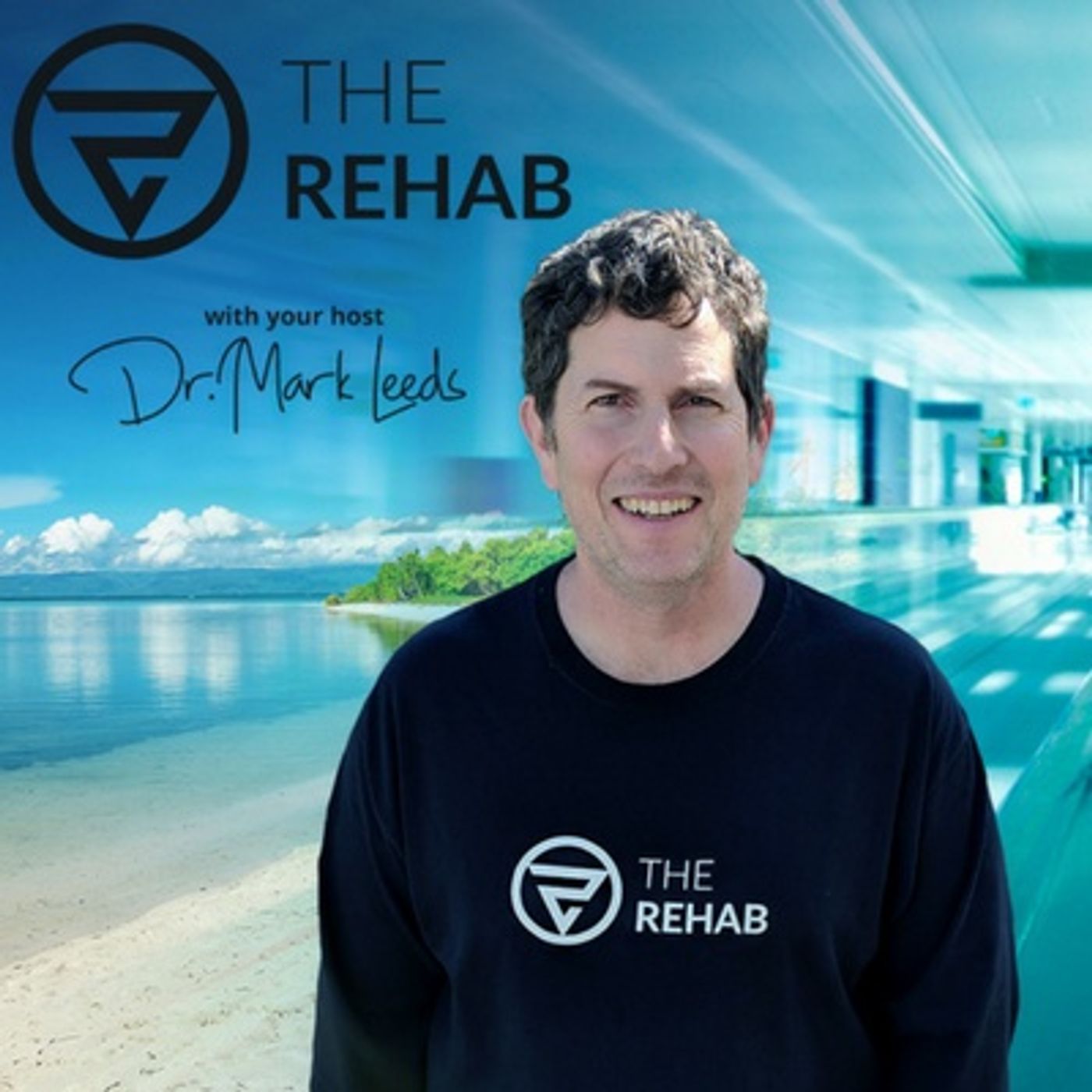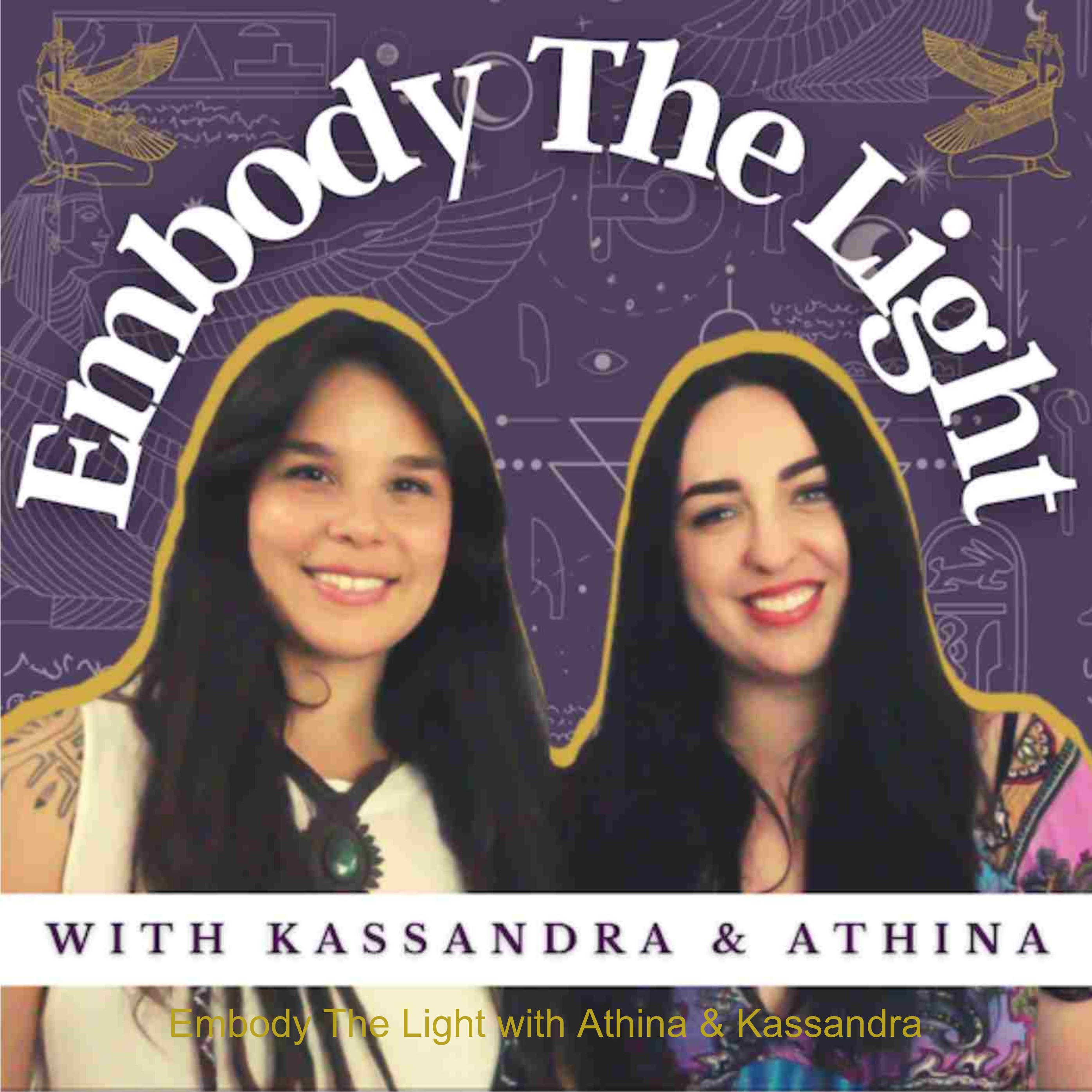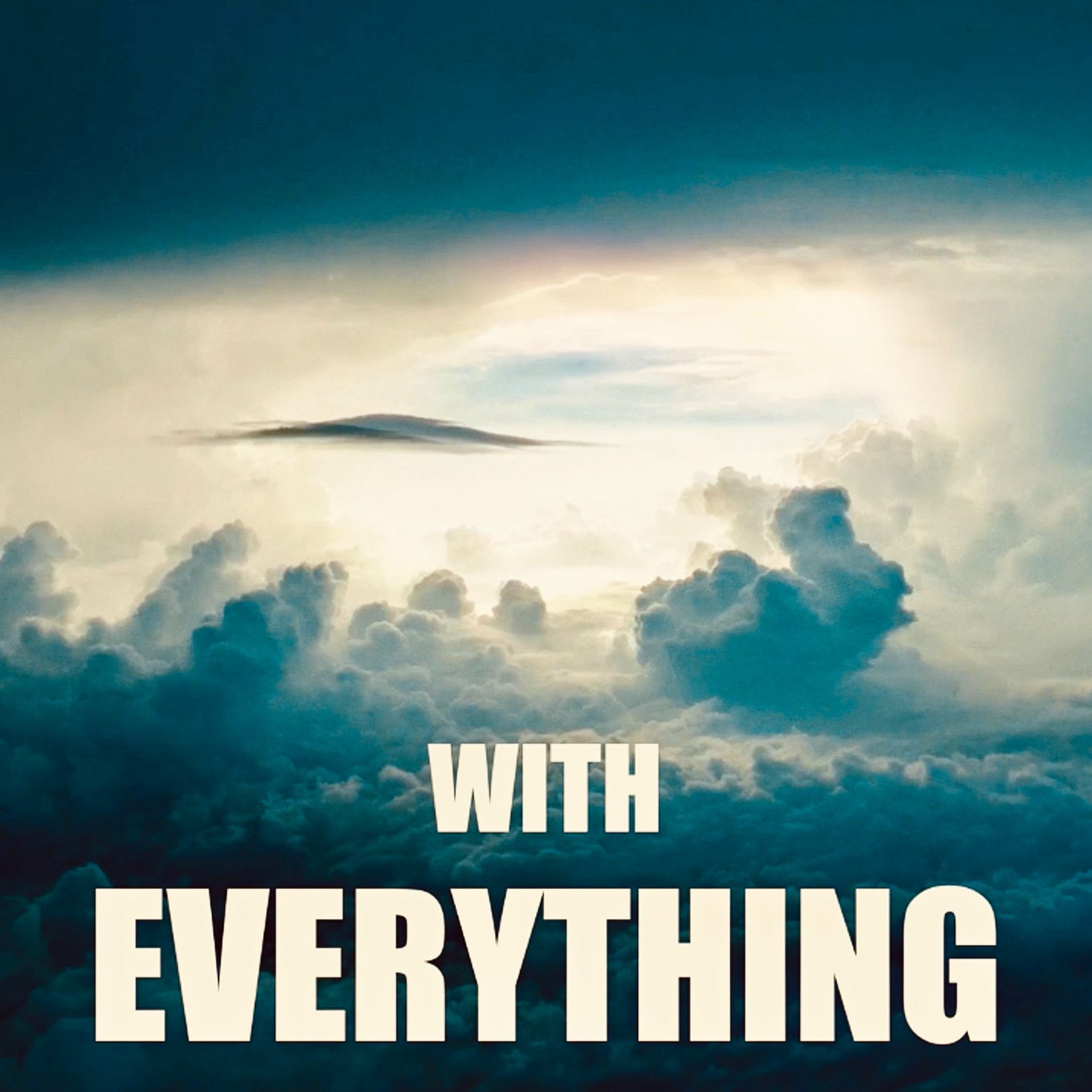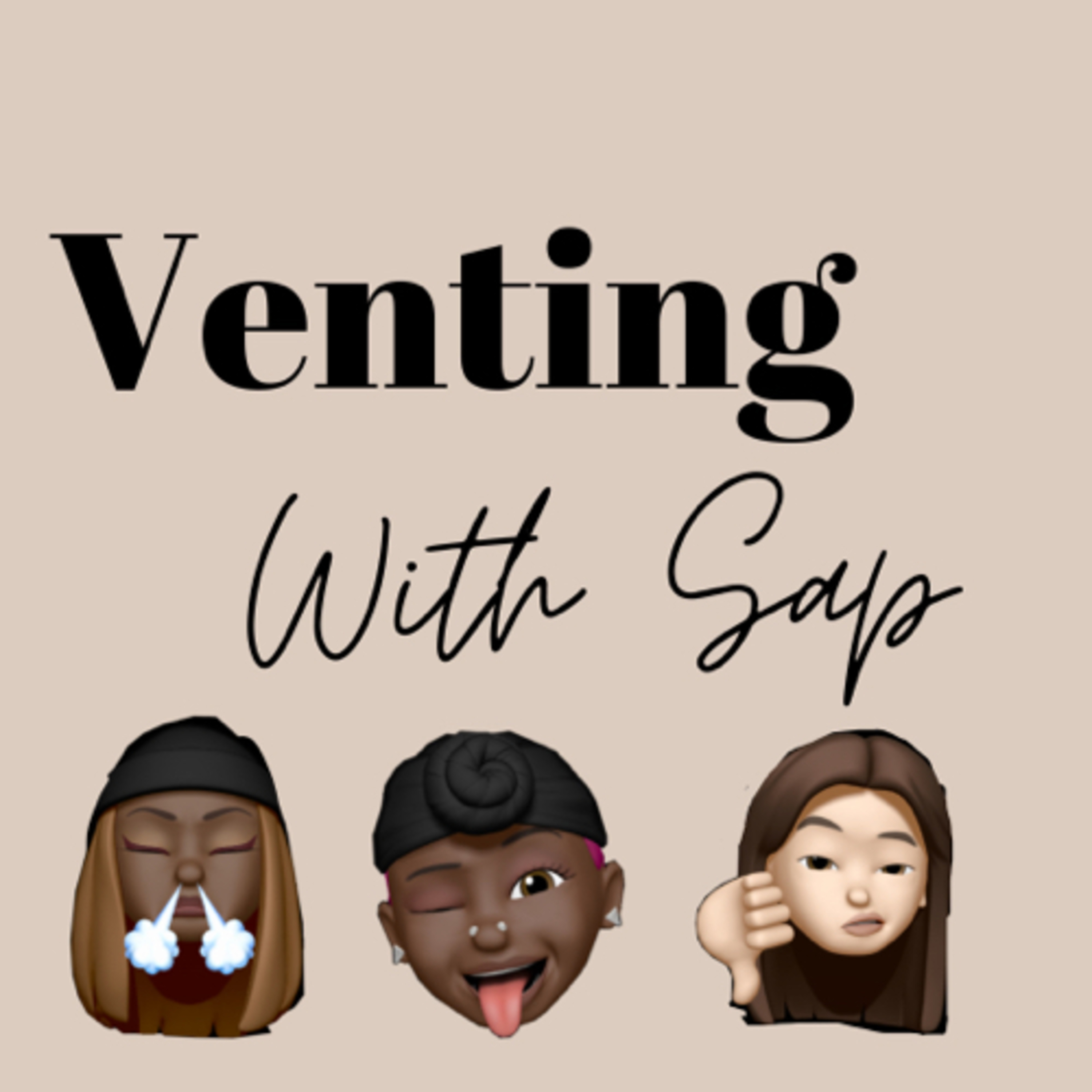 |
The RehabThe Rehab show is about overcoming drug addiction. Author: MHNR Network, LLC
The Rehab show is about overcoming drug addiction. The topics range from medical treatment to spiritual fellowships and psychotherapy. Other forms of therapy will be explored as well. The underlying theme is that everyone is different and we cannot apply a single method of treatment to all people and expect it to work. Listening carefully to what works and does not work for an individual, treating people with respect and understanding that behaviors caused by addiction are the result of a medical condition are important. Patients presenting for treatment of addiction should be addressed with caring, compassion and understanding. Language: en Genres: Education, Health & Fitness, Mental Health, Self-Improvement Contact email: Get it Feed URL: Get it iTunes ID: Get it |
Listen Now...
David Gandini’s Insights on Tech Solutions for Alcohol Use Disorder Recovery
Thursday, 31 July, 2025
Technology for Change: David Gandini and the Fight Against Alcohol AbuseMeet David Gandini: Tech Innovator and Social EntrepreneurDavid Gandini is a serial tech entrepreneur known for building six companies across diverse industries. He began his career in telecommunications after studying at Michigan State University.Gandini’s early ventures included fiber optic networks in Detroit, and he later developed faster call connection technologies for long-distance carriers. He has raised over $250 million for various start-ups, showing a talent for scaling new technologies.Notably, he co-founded and grew a credit card and gift card processing company, handling over 50 million cards. After several successful exits, Gandini shifted his focus to social impact by joining SOBR Safe, where he currently serves as Chairman.Now, Gandini leads the effort to use innovative technology to address the dangers of alcohol abuse and improve accountability. His vision is to create tools that empower individuals and communities while leaving a positive mark on society.The Beginnings of SOBR Safe: Addressing a CrisisAlcohol abuse is a global problem affecting millions of individuals and families. Gandini recognized the urgent need for better solutions beyond traditional methods.Many people on the road or at work can be endangered by others who drink irresponsibly. Gandini’s team wanted to replace outdated tools like breathalyzers, which offer limited real-time monitoring.Initially, SOBR Safe developed new hardware and software to detect alcohol early and efficiently. However, building both trust and a reliable product proved more challenging than expected.Over the last five years, SOBR Safe has worked closely with behavioral health specialists and customers. Their approach shifted from just catching people drinking to supporting recovery and accountability through technology.How SOBR Safe Technology WorksSOBR Safe’s technology measures alcohol through the skin rather than the breath. This allows for early detection within 15 to 45 minutes of drinking, depending on various biological factors.The system uses a transdermal sensor housed in a wristband or a stationary device. When individuals use the device, it detects ethanol, and the data is automatically recorded.Unlike traditional breathalyzers, SOBR Safe’s solution is less invasive and offers real-time reporting. Trusted contacts such as sponsors, spouses, or clinicians can monitor progress or receive alerts.All relevant information is displayed on a digital dashboard, which makes it easy for healthcare providers to support many patients at once. This approach helps establish confidence, accountability, and timely interventions.Building Trust and Acceptance in Recovery CommunitiesTrust is crucial when supporting people struggling with alcohol use. Gandini and his team learned that individuals often distrust technology if it feels punitive or intrusive.To address this, SOBR Safe worked to create devices that empower users rather than punish them. The wristbands and stationary devices serve as nonjudgmental behavioral tools.Over 18 months in the behavioral health field, the company focused on building relationships with facilities and clients. As word spread about the effectiveness and supportiveness of the technology, demand grew organically.The technology is not just for those aiming to quit completely—some people use it to help control or reduce their drinking. By demonstrating accountability to themselves or others, users feel more supported on their journey.As a result, more people in the recovery space now trust and use SOBR Safe’s solutions, viewing them as allies rather than adversaries.Versatile Applications: Beyond Individual RecoverySOBR Safe’s technology is flexible enough to serve many purposes. Parents use the wristbands to help young people monitor their habits as they head off to college.Employers in high-risk sectors, such as oil and gas, utilize these tools to reduce workplace accidents. Some international programs now require monitored alcohol abstinence for doctors or lawyers to keep their licenses.The dashboard provides healthcare providers with an efficient, real-time way to track multiple individuals. Alerts are triggered if someone removes their band or if alcohol is detected.Additionally, SOBR Safe is piloting their system in countries where alcohol policies are especially strict, like Italy and India, expanding their impact globally.The Challenges of Changing Established SystemsIntroducing new technology in fields with rigid traditions proved difficult for Gandini and his team. Some organizations resisted change due to financial priorities or union agreements.In the United States, SobR Safe’s team found that even school districts allowed bus drivers to have certain blood alcohol levels on duty. Potential clients sometimes worried that strict monitoring might cause staff shortages.Despite these challenges, SOBR Safe has found allies in companies where safety is crucial. Long-term clients in industries like oil and gas report reduced accidents and a positive shift in workplace culture.As insurance costs rise, there is potential for future collaborations with life and auto insurance providers. Demonstrating safety and accountability with real data could eventually drive broader adoption.Looking Forward: A Global Mission for Safer CommunitiesDavid Gandini sees SOBR Safe’s technology as a crucial tool in the larger fight against alcohol abuse. There are an estimated 800 million people globally who struggle with alcohol-related issues.The company continues to collect data and work with behavioral health professionals to refine their products. As SOBR Safe’s reach grows, Gandini hopes to support even more individuals, families, and organizations.Future goals include building machine learning models to support personalized interventions and partnering with international organizations. Expanding into new markets could help address alcohol misuse on an even larger scale.Gandini believes the most meaningful accomplishment of his career will be helping people live safer, healthier lives. With each technological advance, SOBR Safe strengthens the network of care around vulnerable communities.










